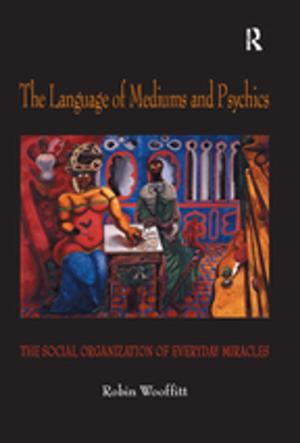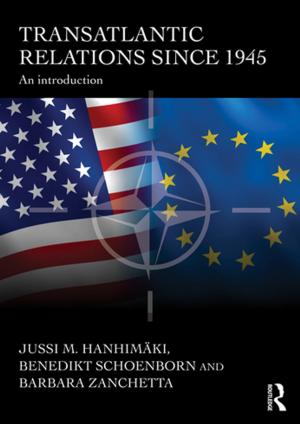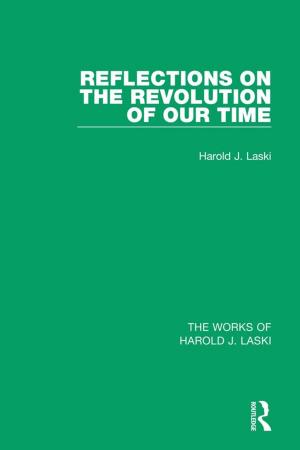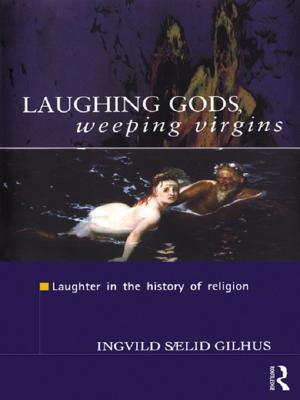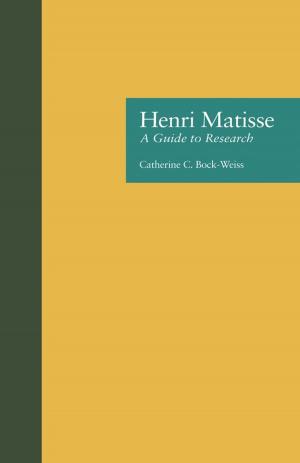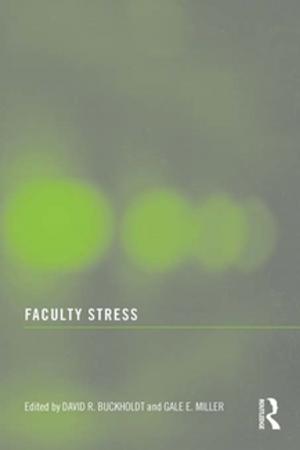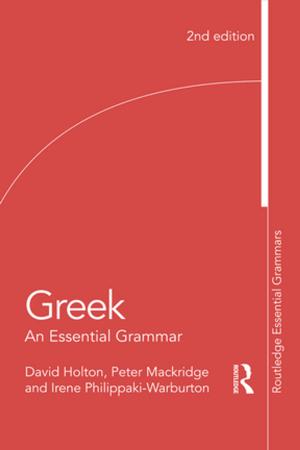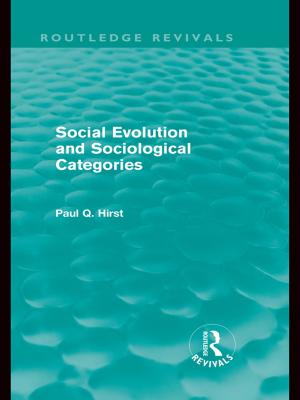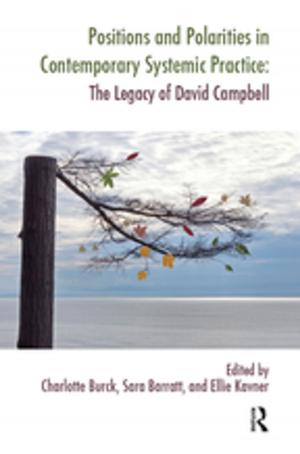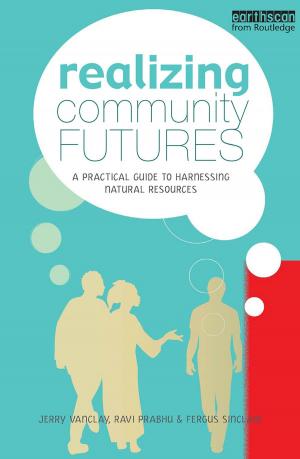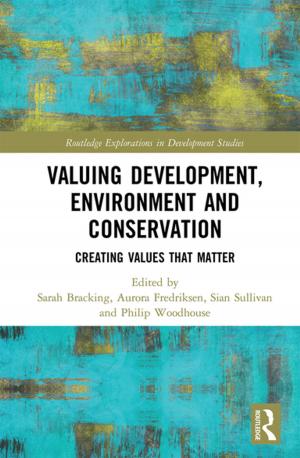Grainger the Modernist
Nonfiction, Entertainment, Music, Music Styles, Classical & Opera, Chamber, Theory & Criticism, History & Criticism, Reference| Author: | Suzanne Robinson, Kay Dreyfus | ISBN: | 9781317125013 |
| Publisher: | Taylor and Francis | Publication: | March 9, 2016 |
| Imprint: | Routledge | Language: | English |
| Author: | Suzanne Robinson, Kay Dreyfus |
| ISBN: | 9781317125013 |
| Publisher: | Taylor and Francis |
| Publication: | March 9, 2016 |
| Imprint: | Routledge |
| Language: | English |
Unaccountably, Percy Grainger has remained on the margins of both American music history and twentieth-century modernism. This volume reveals the well-known composer of popular gems to be a self-described ’hyper-modernist’ who composed works of uncompromising dissonance, challenged the conventions of folk song collection and adaptation, re-visioned the modern orchestra, experimented with ’ego-less’ composition and designed electronic machines intended to supersede human application. Grainger was far from being a self-sufficient maverick working in isolation. Through contact with innovators such as Ferrucio Busoni, Léon Theremin and Henry Cowell; promotion of the music of modern French and Spanish schools; appreciation of vernacular, jazz and folk musics; as well as with the study and transcription of non-Western music; he contested received ideas and proposed many radical new approaches. By reappraising Grainger’s social and historical connectedness and exploring the variety of aspects of modernity seen in his activities in the British, American and Australian contexts, the authors create a profile of a composer, propagandist and visionary whose modernist aesthetic paralleled that of the most advanced composers of his day, and, in some cases, anticipated their practical experiments.
Unaccountably, Percy Grainger has remained on the margins of both American music history and twentieth-century modernism. This volume reveals the well-known composer of popular gems to be a self-described ’hyper-modernist’ who composed works of uncompromising dissonance, challenged the conventions of folk song collection and adaptation, re-visioned the modern orchestra, experimented with ’ego-less’ composition and designed electronic machines intended to supersede human application. Grainger was far from being a self-sufficient maverick working in isolation. Through contact with innovators such as Ferrucio Busoni, Léon Theremin and Henry Cowell; promotion of the music of modern French and Spanish schools; appreciation of vernacular, jazz and folk musics; as well as with the study and transcription of non-Western music; he contested received ideas and proposed many radical new approaches. By reappraising Grainger’s social and historical connectedness and exploring the variety of aspects of modernity seen in his activities in the British, American and Australian contexts, the authors create a profile of a composer, propagandist and visionary whose modernist aesthetic paralleled that of the most advanced composers of his day, and, in some cases, anticipated their practical experiments.

